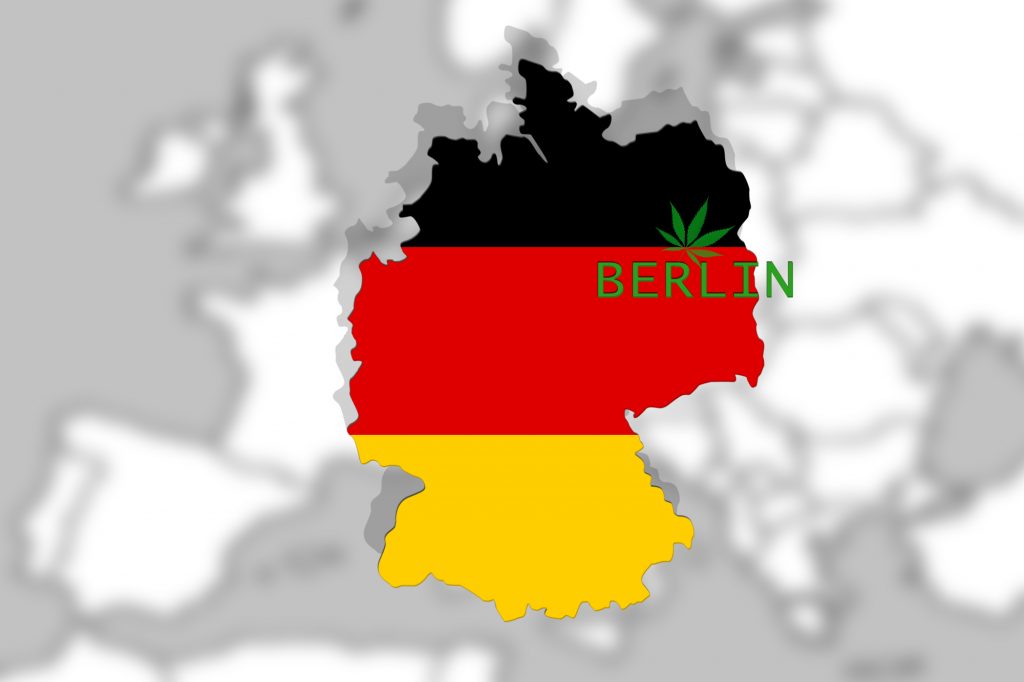BERLIN — In a pivotal development that marks a significant shift in Germany’s drug policy, the governing coalition has overcome internal disagreements on the cannabis legalization initiative, setting the stage for a new era in the cannabis industry. The legislative proposal, aimed at decriminalizing cannabis, is poised to be enacted on April 1, following confirmation from the vice faction leaders of the FDP, Greens, and SPD parties. This announcement comes as a beacon of hope for investors and entrepreneurs eyeing the burgeoning cannabis market in Germany.
Despite facing recent skepticism over its feasibility, due to dissent within the coalition and concerns over public health and safety, the legalization initiative has been revived with vigor. Reports from Berlin indicate that the bill, crucial for the decriminalization and regulation of cannabis, is slated for deliberation in the Bundestag between February 19 and 23, as outlined by Federal Health Minister Karl Lauterbach (SPD). The Bundesrat’s approval will be the final hurdle before the law’s enactment.
The coalition, comprising SPD, Greens, and FDP, had previously agreed in November to remove cannabis from the list of prohibited substances under the narcotics law. The plan facilitates legal possession and home cultivation of cannabis for adults from April 1, 2024, with provisions for the establishment of cannabis clubs for collective cultivation by July 1. This approach not only aims to decriminalize users but also to dismantle the black market, enhancing prevention, health, child, and youth protection.
Investors and cannabis entrepreneurs are particularly attentive to this legislative progress, viewing it as a monumental step towards a regulated and thriving cannabis market. The legalization is expected to unlock substantial economic opportunities, from cultivation and distribution to retail and ancillary services, fostering innovation and job creation in the sector.
The commitment to evaluate the law’s impact on youth protection and organized crime, with insights from the Federal Criminal Police Office, underscores a balanced approach to legalization, addressing safety and public health concerns.
While the legislation has yet to pass through the Bundestag, and potential opposition from certain SPD internal critics remains uncertain, the prevailing optimism signals a transformative phase for Germany’s drug policy and the global cannabis industry. The move is anticipated to encourage a wave of investment and entrepreneurial ventures, positioning Germany as a leading market for cannabis innovation and commerce.
As the April 1st implementation date approaches, stakeholders within the cannabis industry are poised to navigate the new regulatory landscape, leveraging opportunities for growth and collaboration in a market poised for exponential expansion. This legislative milestone not only represents a progressive shift in drug policy but also heralds a dynamic future for cannabis-related businesses in Germany and beyond.
Hardly any changes were made to the original plans. From April 1, 2024, personal cultivation and possession of certain amounts of cannabis will be legal for adults, and from July 1, joint cultivation in clubs will also be legal. The legalization of cannabis was already provided for in the coalition agreement of the traffic light coalition. Concerns on the part of SPD interior politicians had previously delayed the passing of the law.








